Fisette coached Swiatek for a year: the road from "Golden Sage" to "The Man of the Pot".
Half a month has passed since the 2025 French Open, but in addition to Gauff's eventual victory, the new clay queen Swiatek's year-long title drought has once again become the focus of attention. In the third set of the French Open semifinals, Swiatek stood on the court of Philippe Chartier and watched Sabalenka's return ball land on the sideline. The 0-5 scoreboard was like a scar, and the final score was fixed at 0-6. The image of her silently packing up her bag and leaving the court has become the most heart-wrenching footnote of the 2025 clay season - the former queen of clay is now swallowing eggs at Roland Garros. In the stands, coach Fessette had a solemn face, the famous Belgian coach who was once known as the "champion maker", is experiencing the longest championship drought in his coaching career.
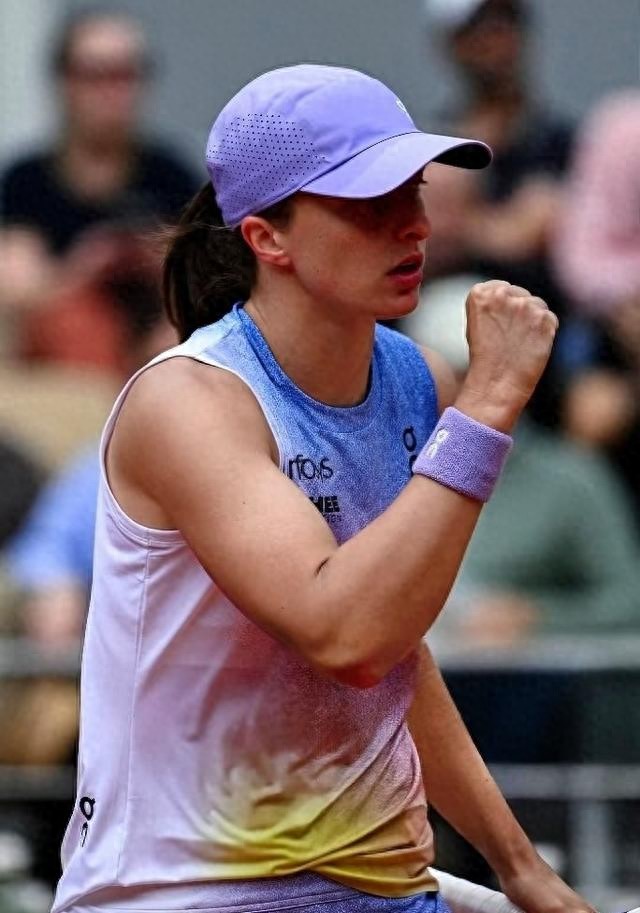
When Swiatek officially announced that Fassett had joined the team in October 2024, the tennis world made huge waves. The world number one was imbued in his statement: "He seems to have a good attitude, he is a visionary and has a lot of experience at the top level of tennis. She emphasised that her career is a "marathon rather than a sprint", hinting at Fisset's ability to help top players reach the top for a long time.
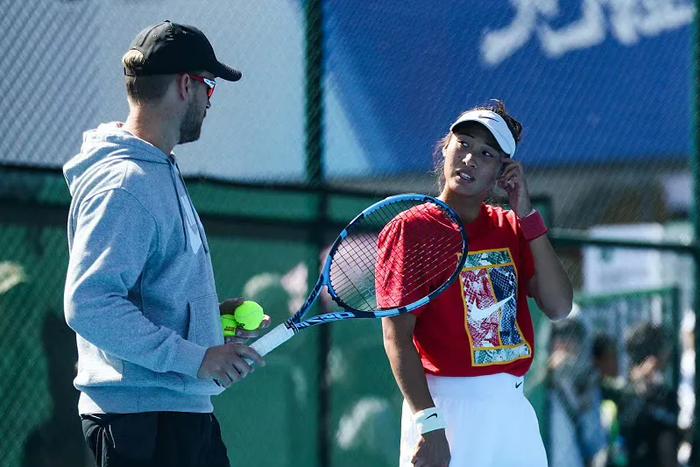
Fasset's motives are equally clear: "After ending my partnership with Naomi Osaka, I would like to receive calls from other players, if possible, from the likes of Swiatek. This is obviously a great honor. He unabashedly referred to Swiatek as "probably the best tennis player of all time." Behind this statement is his desire to wash away the stigma of coaching - after he suddenly broke his contract with Zheng Qinwen and switched to Naomi Osaka, but failed to help the Japanese star return to the top, his work ethic and ability were questioned.
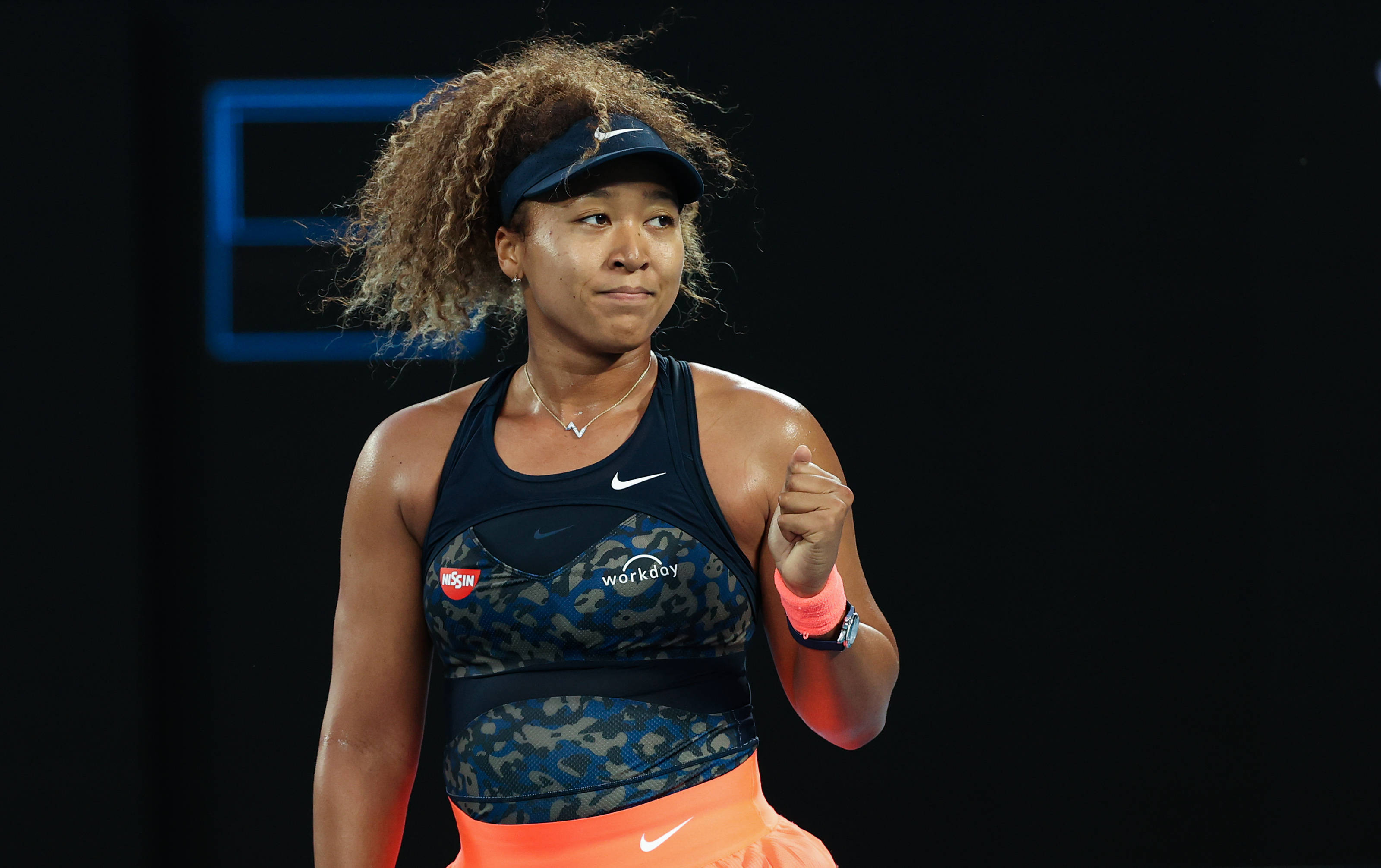
Swiatek sees two core values for Fassett: first, her technical fine-tuning expertise, especially on her serve and extensions, which she urgently needs to improve; The second is mental toughness, as Fisset helped Naomi Osaka break through the psychological barrier to win the Grand Slam, and Swiatek needed such support after her exit at the US Open.

After eight months of cooperation, reality has poured ice on this expectation. Swiatek slipped from No. 1 to No. 7 in the rankings, and what is even more shocking is that she hasn't reached any of the final of a tour since the pair worked together. The 2025 clay season was supposed to be a good opportunity for Swiatek to regain lost ground, but it turned out to be a "disaster trilogy": first, the semi-final of Madrid lost to Gauff, and the clay dominance cracked for the first time; Then he lost to Collins in the second round of Rome, and his dream of defending the title was shattered; In the end, the French Open semifinals were comprehensively suppressed by Sabalenka in key points, and they were defeated in the deciding set. Amid the doubts of the fans, a sharp question was repeatedly raised: Does Fassett really have the ability to turn decay into magic? Or is it just good at "picking ripe peaches"?
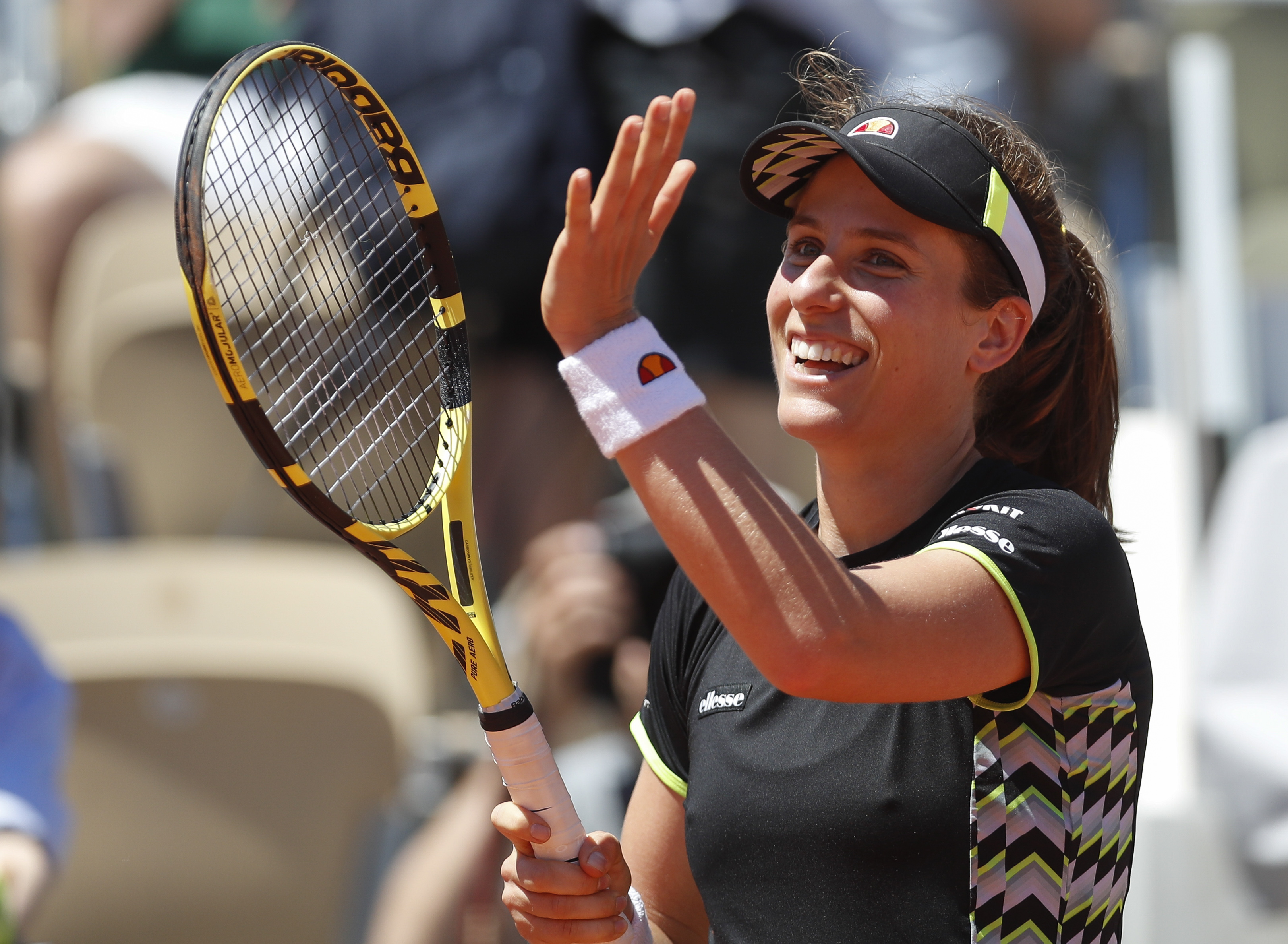
The brilliance of Fasseter's resume is undeniable: he first helped Clijsters make a comeback after giving birth, winning the 2009 US Open, the 2010 Australian Open and the US Open, and returning to the world No. 1; He coached Liskey to become a famous French Open champion killer in tennis; Helped Kerber win Wimbledon in 2018 and return to the top. However, players in transition have become the failure zone of Fasset's "magic": after Naomi Osaka's comeback, the four Grand Slams all stopped in the first two rounds, and the world ranking struggled to around 75; Helping Swiatek improve her technique and trying to increase her aggression but losing her trademark topspin power, she fell into the awkward situation of "neither like the old self nor the new me".
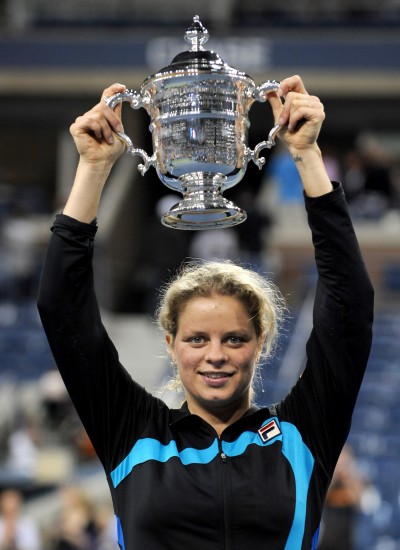
After Fisset's arrival, Swiatek's technical and tactical changes were full of controversy: first, she diluted the spin to emphasize the attack, requiring less signature strong topspin and increasing the proportion of flat shots, which weakened her advantage in multi-shot holds; secondly, the service transformation did not meet expectations, trying to improve the speed and accuracy of the serve, but the double fault rate increased in actual combat, and the stability of the key distribution decreased. In the end, "she always felt like she had to play more violently against a power player, but I think she should believe more in her style of play" – a statement by Fassett that exposes the contradiction of his guidelines. Most fatally, these tweaks magnified weaknesses on clay, where Swiatek excelled. Opponents were quick to seize the transition in her style of play: "Her ball became predictable and we knew how to deal with it. A top 10 player revealed privately.
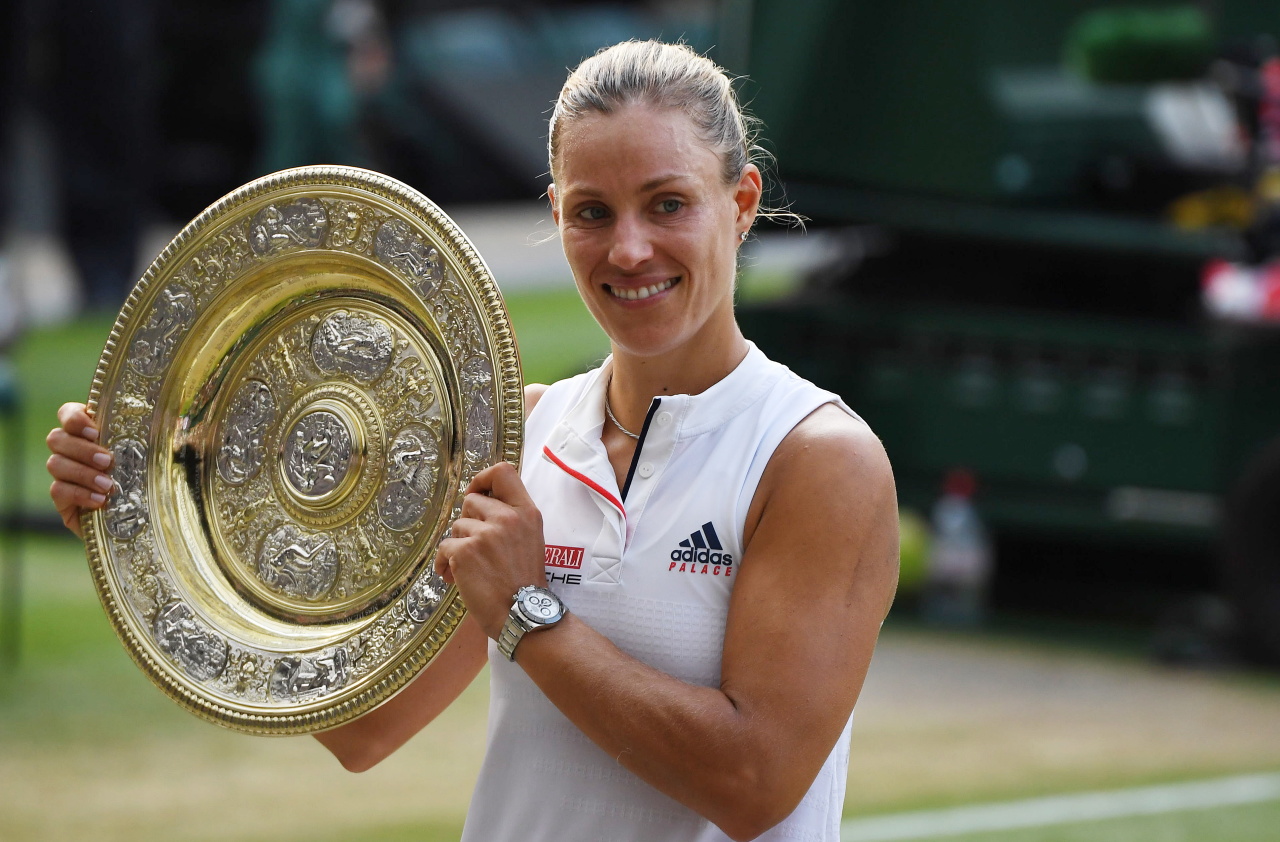
After the French Open rout, rumors that "Swiatek will fire Fisset" were rampant, but the attitude of the parties was subtle. Swiatek openly took responsibility, "I didn't have three months to change the technology, and the effect was limited." If there is systematic training, things are much simpler. "Implying that the problem is execution, not strategy. And Fassett stressed patience: "She's been very successful now, but I think we can still make her better".
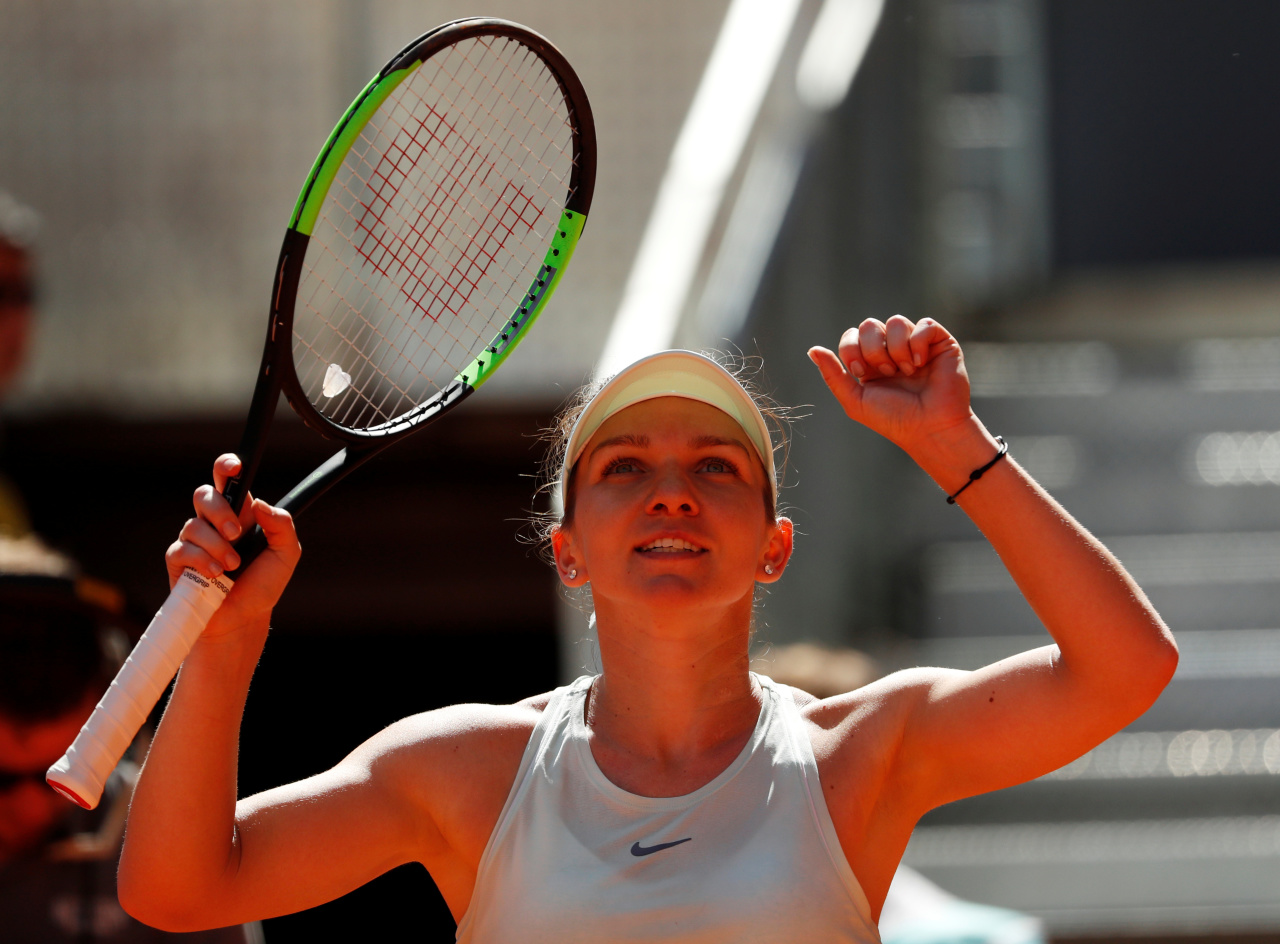
From the creator of the miracle of Clijsters' comeback to the "man behind the pot" after the collapse of the Swiatek dynasty, Fassett's coaching myth faded before the real record. Swiatek's back when he left the French Open reflects not only the plight of the players, but also the crisis of confidence of the entire coaching team - when the alchemy of the "golden saint" fails, is it a tactical misjudgment or the inevitability of the metabolism of professional tennis?
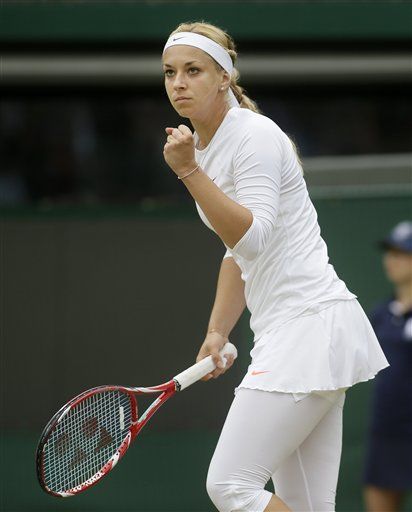
The grass-court season has begun, and Wimbledon will be Fisset's final battleground for redemption. He once admitted: "Wimbledon may be the hardest Grand Slam for her to win, but I can see her potential to win titles in the future. If it fails, tennis may see the dismal exit of a gold medal coach and an even harsher truth: in the top professional sport, past glory is the most depreciable currency, and today is the only hard currency.(Source: Tennis Home Author: Xiaodi)







 Links
Links
 Contact
Contact
 App
App


